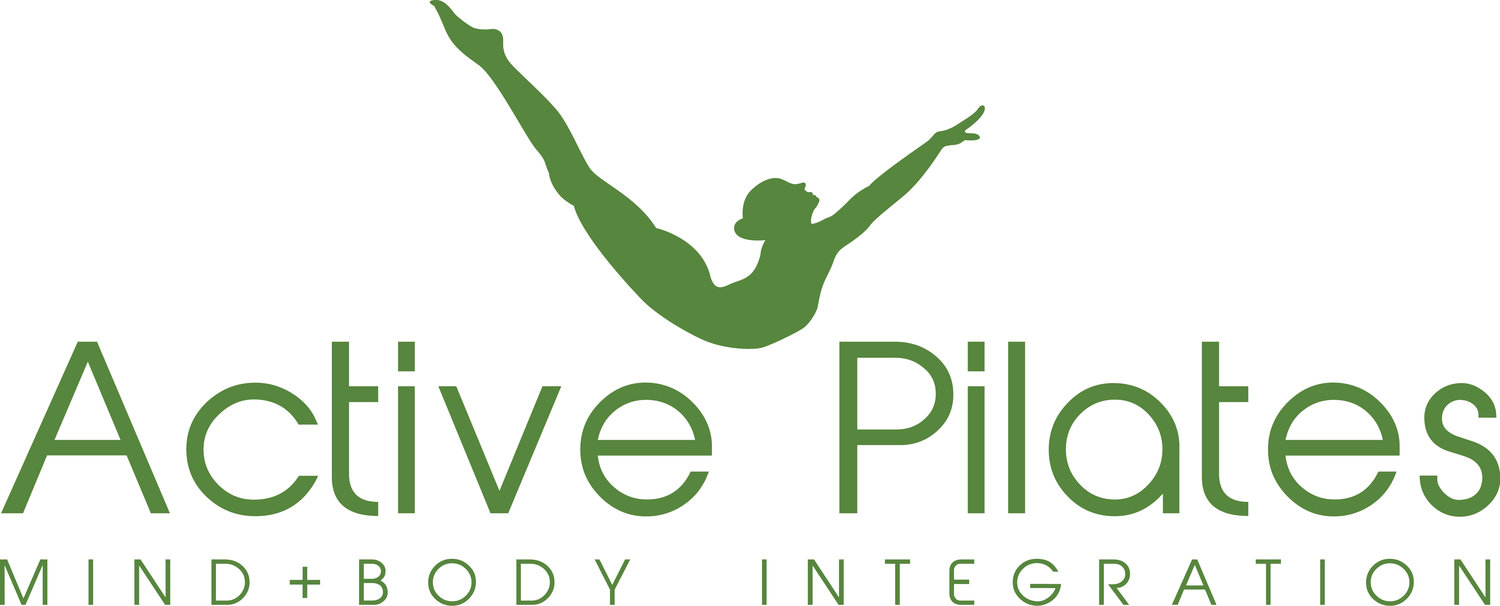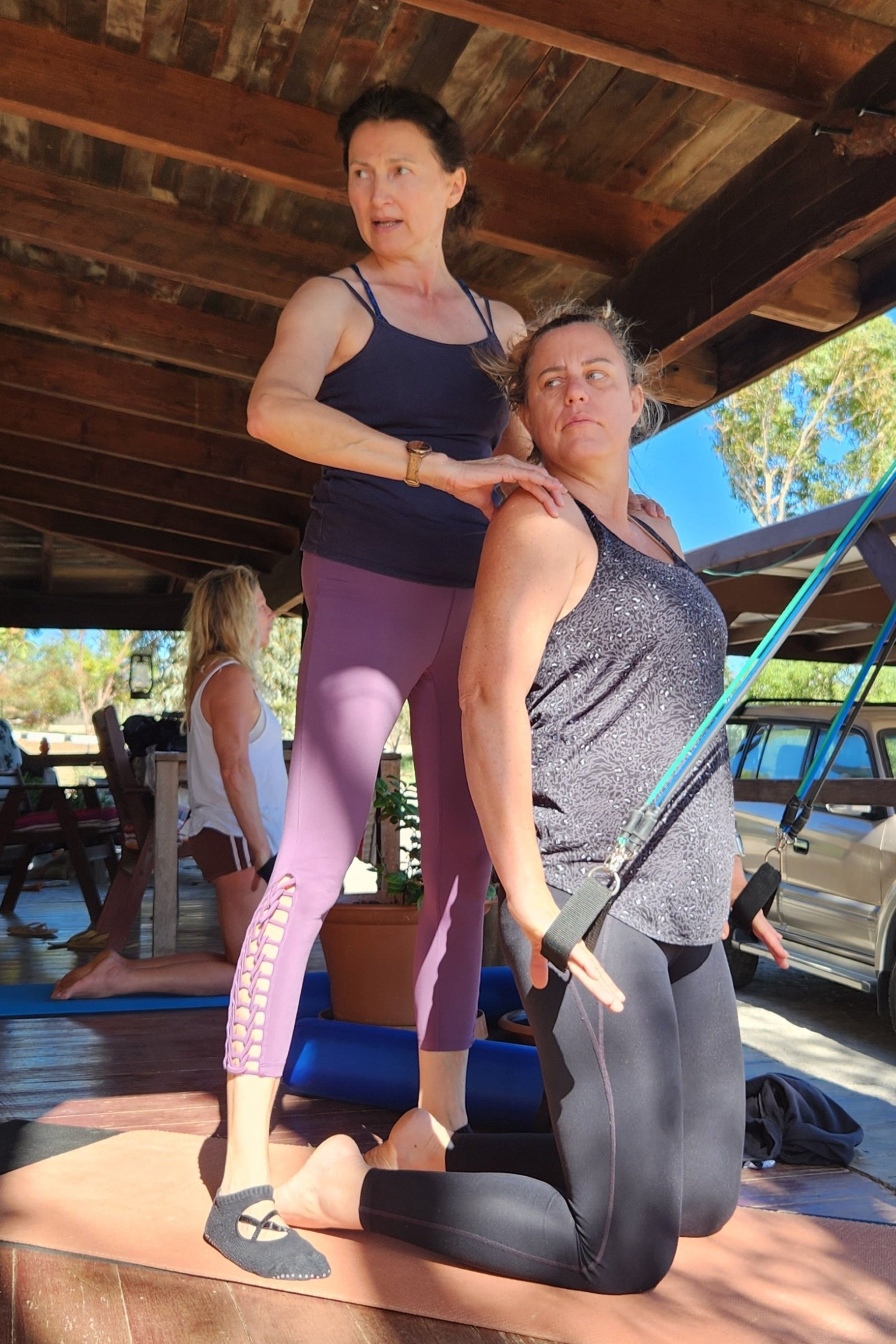Can core workouts reduce stress?
Competitive athletes often feel enormous amounts of stress. They may feel anxious and nervous in the lead-up to a big event, and then subject their bodies to tremendous pressure when the time comes to perform.
Learning how to manage mental and physical stress is probably one of the most important skills an athlete can have. Preparation and training mean nothing to an athlete if they cannot perform during a competition, no matter what level of contest.
In the right amounts, stress can actually be beneficial to an athlete, keeping them more alert and focused. [1] However, too much stress – both physical and mental - can be very detrimental to performance, impairing their cognitive process, decision-making, and reaction time. [2]
Telling someone to ‘stay calm’ and not ‘stress out’ is much easier said than done. There are many strategies that top athletes use to stay mentally tough and focused, but one of the lesser-known treatments for managing stress is a core workout.
It is commonly said that exercises like Pilates or Yoga are ‘good for stress.’ How we move, think, and feel has a real impact on the stress response in our bodies… but why is this exactly? An interesting article recently delved into research between the neurons located in our body’s axial muscles (the core) and their connections to our adrenal glands. [3]
“There’s all this evidence that core strengthening has an impact on stress. And when you see somebody that's depressed or stressed out, you notice changes in their posture. When you stand up straight, it has an effect on how you project yourself and how you feel. Well, lo and behold, core muscles have an impact on stress. And I suspect that if you activate core muscles inappropriately with poor posture, that’s going to have an impact on stress.”
- Peter Strick, Professor of Neurobiology
What Professor Strick and his research tell us, is exercises that consciously activate the core have a direct effect on stress levels. The professor, once a skeptic, has actually started practicing Pilates himself! Pilates not only activates the axial muscles of the core that link to neurological pathways that control stress, but it also incorporates mindful breathing, a technique that releases accumulated stress within the body.
If you would like to learn more about how a core workout can help you manage stress, we recently wrote an article about the 6 Core Principles of Pilates. [4] In this blog post, we illustrate how the discipline of Pilates unifies the mind, body, and spirit, providing everyone from novice to competitive athletes a proven way to manage their mental stress and improve their physical well-being.
At Active Pilates we understand that everyone comes to us with their own fitness goals. We can create a custom program that will improve your performance and suit your abilities and fitness level. Call us on 0415 128 804 to discuss your needs.
[1] http://www.peaksports.com/sports-psychology-blog/how-stress-can-affect-sports-performance
[2] http://www.huffingtonpost.ca/roger-covin/stress-sports_b_892562.html
[3] http://www.theatlantic.com/science/archive/2016/08/cortical-adrenal-orchestra/496679/?utm_source=nl-atlantic-weekly-123016
[4] http://www.activepilates.com.au/blog/2017/1/9/6-core-principles-of-pilates


